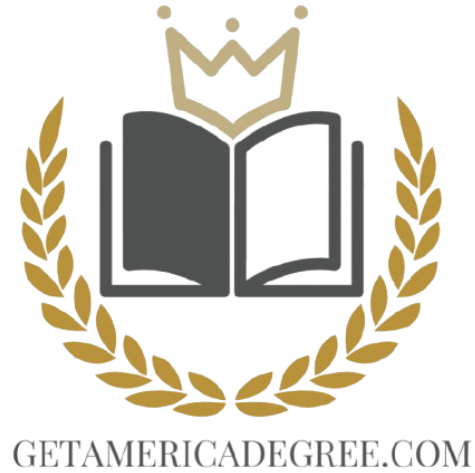If These Wings Could Fly by Kyrie McCauley follows Leighton, a teenage girl living in a … If These Wings Could FlyRead more
The Catcher in The Rye
The Catcher in the Rye by J.D. Salinger follows Holden Caulfield, a disillusioned teenager who has … The Catcher in The RyeRead more

